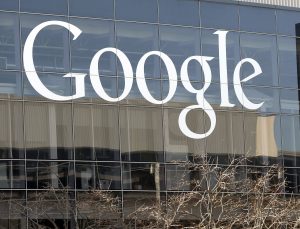 Alphabet’s (NASDAQ:GOOG) Google division has released an announcement detailing a policy change regarding the company’s reviewing of Gmail emails for advertising purposes. Google will soon stop its computers from reading the emails of its Gmail users to personalize their ads. The company said it would stop the practice later this year.
Alphabet’s (NASDAQ:GOOG) Google division has released an announcement detailing a policy change regarding the company’s reviewing of Gmail emails for advertising purposes. Google will soon stop its computers from reading the emails of its Gmail users to personalize their ads. The company said it would stop the practice later this year.
The company confirmed the move in a post on its official blog. The chief of Google’s cloud division Diane Greene wrote in the post, “Consumer Gmail content will not be used or scanned for any ads personalization after this change. This decision brings Gmail ads in line with how we personalize ads for other Google products.”
Since launching Gmail in 2004, the company has mined the emails of users of the free service for personal data to serve relevant ads. The colossal amount of data collected enabled the company to charge advertisers more to target specific groups of consumers. Its massive advertising business brought in nearly $80 billion in revenue last year.
Concerns about privacy have made Google’s effort to sell more technology to corporations more difficult. Google is increasing its sales push in the cloud industry to catch up to Amazon and Microsoft, currently the ¬market leaders in the field. However, potential clients are often apprehensive about trusting Google with their sensitive information.
The company said in an online post, “Google’s (corporate) customers own their data, not Google.” For example, Corporate Gmail doesn’t mine emails for information. The company says that G Suite will continue to be ad free.
Free Gmail users will still see ads above their emails, but those ads will be personalized from the other data Google collects about them from their internet searches, web history, and YouTube browsing. The company’s posting says, “Ads shown are based on users’ settings. Users can change those settings at any time, including disabling ads personalization.” Google will still scan the email content for anti-spam and anti-phishing purposes, as well as for malware detection.
